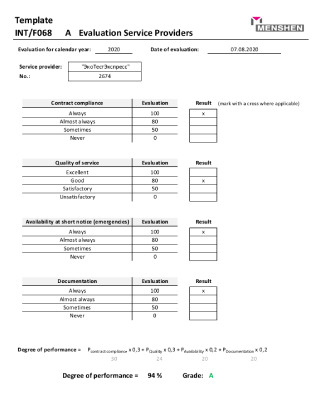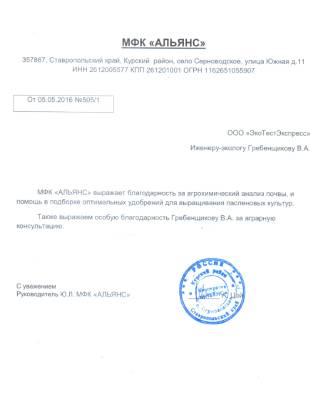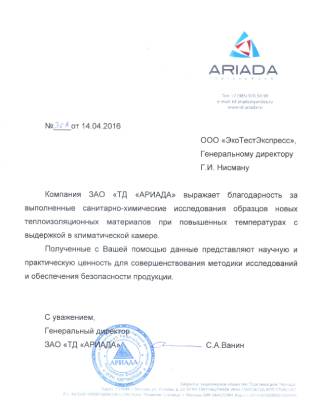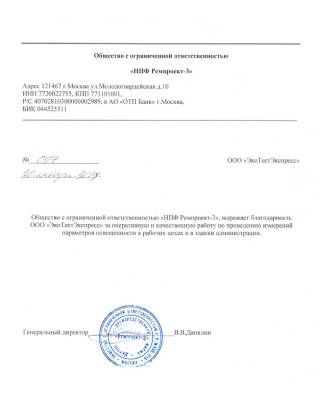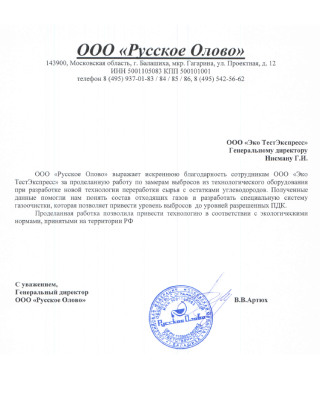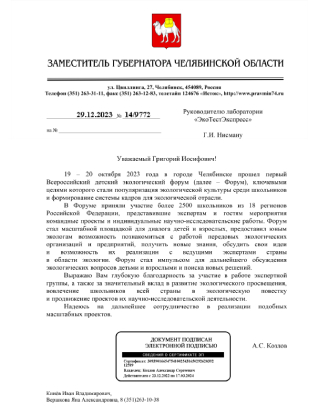- From Accra’s Heartbeat: Essential ghana news, Analysis & Insights into West Africa’s Rising Star.
- Economic Growth and Diversification
- Political Landscape and Governance
- Electoral Processes and Challenges
- Social Developments and Challenges
- Technological Advancement and Digital Transformation
From Accra’s Heartbeat: Essential ghana news, Analysis & Insights into West Africa’s Rising Star.
Ghana, a West African nation celebrated for its rich history, vibrant culture, and increasingly important role in regional economics, is a focal point for attention across the continent and beyond. Understanding the current unfolding events within Ghana – the ghana news landscape – is crucial for investors, policymakers, and anyone interested in the dynamic evolution of Africa. From shifts in political dynamics to advancements in technology and social developments, the nation consistently presents a compelling narrative, demanding scrutiny and detailed analysis.
This article delves into the core aspects shaping Ghana’s present and future, providing essential insights into the key issues driving the nation’s progress and challenges. We aim to provide a comprehensive overview, surpassing simple reporting to offer a nuanced understanding of the intricacies that define contemporary Ghana.
Economic Growth and Diversification
Ghana’s economy has experienced significant growth in recent decades, largely fueled by natural resource wealth, particularly cocoa, gold, and more recently, oil. However, reliance on these commodities leaves the nation vulnerable to global price fluctuations. A key focus of current economic policy is diversification, encouraging the growth of sectors like manufacturing, tourism, and technology. The government is actively seeking foreign investment and creating an environment conducive to entrepreneurship, with initiatives aimed at simplifying business registration and improving infrastructure.
Despite these efforts, significant challenges remain. Inflation, unemployment, and income inequality persist, hindering inclusive growth. Addressing these issues requires sustained investment in education, healthcare, and social safety nets. Furthermore, responsible resource management and transparent governance are essential to ensure that economic benefits are distributed equitably and sustainably. The push for a more diversified economy is also tied to strengthening regional trade ties and leveraging opportunities presented by the African Continental Free Trade Area (AfCFTA).
The banking sector in Ghana has undergone significant reforms in recent years following a period of instability. These reforms, while necessary, have also had short-term consequences, impacting access to credit for small and medium-sized enterprises (SMEs). Finding the right balance between financial stability and supporting economic activity remains a key challenge for policymakers.
| Agriculture | 18.3% | 3.1% |
| Industry | 33.8% | 7.2% |
| Services | 47.9% | 6.5% |
Political Landscape and Governance
Ghana is often lauded as a beacon of democracy in West Africa, having experienced multiple peaceful transitions of power. However, maintaining this stability requires ongoing commitment to good governance, rule of law, and electoral integrity. The political landscape is dominated by two main parties, the New Patriotic Party (NPP) and the National Democratic Congress (NDC), each with its distinct ideologies and policy priorities. Political discourse often centers around economic management, corruption, and social justice.
Recent years have seen increasing public scrutiny of government accountability and demands for greater transparency. Civil society organizations play a vital role in advocating for these principles and holding power to account. Concerns regarding corruption, though addressed through various initiatives, remain a persistent challenge. Strengthening institutions, promoting independent journalism, and fostering a culture of transparency are crucial steps towards bolstering public trust and ensuring good governance.
The decentralization of power and empowering local communities are also recognized as key components of effective governance. This involves providing local authorities with greater resources and autonomy to address the specific needs of their constituents. Investing in local governance strengthens democratic participation and promotes sustainable development.
- Strengthening election administration
- Promoting media pluralism and independence
- Enhancing the capacity of civil society organizations
- Improving access to information and transparency
Electoral Processes and Challenges
Ghana’s electoral process, while generally considered credible, faces ongoing challenges. These include concerns about voter registration irregularities, logistical difficulties in remote areas, and the potential for political interference. Addressing these issues is paramount to maintaining the integrity of the electoral system and ensuring that electoral outcomes accurately reflect the will of the people. Continuous improvement of the electoral infrastructure, coupled with robust voter education campaigns, are also essential components of a healthy democracy.
The influence of money in politics is a growing concern, raising questions about the level playing field and the potential for undue influence by vested interests. Strengthening campaign finance regulations and promoting transparency in political funding are vital steps towards mitigating these risks. Encouraging greater participation of women and young people in the political process also strengthens democratic representation and ensures that diverse perspectives are reflected in policymaking.
The role of traditional leaders in Ghana’s political system is also a unique aspect to consider. While not directly involved in formal political processes, traditional leaders wield significant influence within their communities and often play a mediating role in resolving conflicts. Understanding this dynamic is crucial for navigating the complexities of Ghanaian politics.
Social Developments and Challenges
Ghana has made notable progress in improving social indicators, such as access to education and healthcare. However, significant disparities persist, particularly between urban and rural areas. Addressing these inequalities requires targeted investments in infrastructure, social programs, and human capital development. Ensuring that all citizens have access to quality education, healthcare, and economic opportunities is essential for building a more equitable and inclusive society. The rising levels of youth unemployment also require urgent attention.
The rapid urbanization of Ghana is presenting both opportunities and challenges. While cities offer economic opportunities and access to services, they also face issues such as overcrowding, inadequate housing, and environmental degradation. Sustainable urban planning and investment in infrastructure are crucial for mitigating these challenges and creating livable cities for all. Promoting rural development and creating economic opportunities in rural areas can also help to stem the tide of urbanization.
Cultural preservation and promotion are also important aspects of social development. Ghana boasts a rich cultural heritage, including vibrant music, dance, art, and traditions. Supporting and celebrating this cultural diversity strengthens national identity and promotes social cohesion.
- Investing in teacher training and curriculum development
- Expanding access to healthcare services in rural areas
- Promoting sustainable agricultural practices
- Supporting small and medium-sized enterprises
Technological Advancement and Digital Transformation
Ghana is experiencing a rapid increase in mobile phone penetration and internet access, creating opportunities for digital transformation across various sectors. The government is actively promoting the development of a digital economy, investing in infrastructure, and creating an enabling environment for tech startups. This includes initiatives to expand broadband connectivity, promote digital literacy, and encourage innovation.
The rise of fintech companies is revolutionizing the financial services sector, providing access to financial services for those previously excluded from the formal banking system. Mobile money, in particular, has become incredibly popular, facilitating transactions and promoting financial inclusion. However, ensuring the security and stability of the financial system in the face of rapid technological change is a critical challenge.
Leveraging technology for improved governance and service delivery is also a key priority. E-governance initiatives aim to streamline administrative processes, reduce corruption, and improve citizen engagement. However, addressing the digital divide and ensuring that all citizens have access to digital technologies and skills is essential to realizing the full potential of digital transformation.
| Fintech | 75 | 22% |
| E-commerce | 40 | 18% |
| AgriTech | 25 | 15% |
The complex interplay of economic forces, political dynamics, and social changes continues to shape Ghana’s trajectory. Careful, informed, and independent analysis of ghana news, alongside transparent governance, will be essential for navigating the challenges and harnessing the opportunities that lie ahead, solidifying Ghana’s position as a significant player on the African stage. The continued focus on diversification, inclusivity, and sustainable development will prove pivotal in unlocking the nation’s full potential.











